Your camera & lenses are your investment, you have to take care of them, here are the best ways to How To Clean Your Camera Lens?
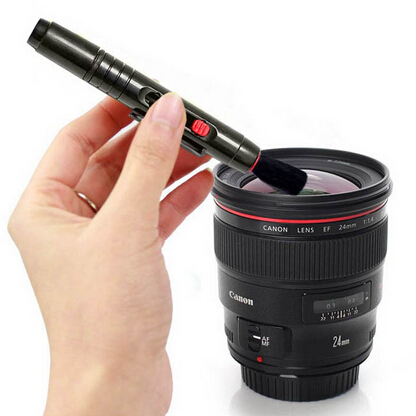
Here are some tips for cleaning digital camera sensor & lens.
List of equipment you should own to protect your camera & lenses:
- Camera Bag
- Lens Bags
- Filter
- Branded batteries
- Quality cleaning material & not tablecloth or t-shirt
Wipe your camera with a slightly damp cloth & dry, cleaning the digital sensor is so risky, but it should be done from time to time, there are tool that is specially designed to clean digital camera sensors, never touch the sensor with a brush or cloth as it’s extremely likely to damage, if you are afraid to clean the sensor by yourself you can go to the service agent.
Cleaning your Camera sensor:
When you change the lenses dust can fall easily on the sensor that shows up as dark spots in your images, there is a trick to check if there is dust drop on the sensor or no, take a few photos of white card or clear sky & open them on the your PC & flip throw them, open Photoshop zoom the pictures & the same size & press CTRL+TAB through them quickly, if all the images have dark spot in the same place so now you are sure that there is a dust on your sensor & then you have to choices 1- Clean on your own responsibility 2- take the camera to the service agent.
You may check my post “How to clean digital camera sensor”
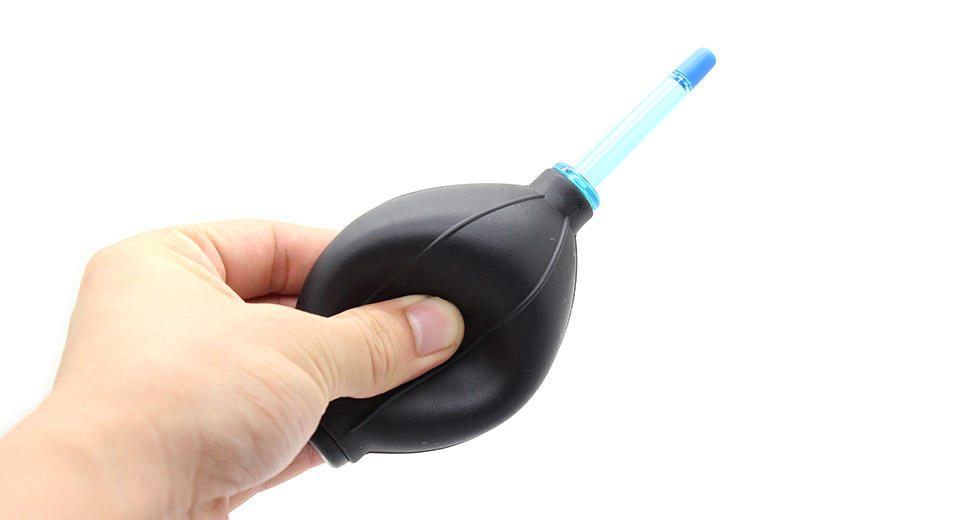
Cleaning your Lens:
The first rule to clean your lens only if it’s necessary, little dust on your lens will not affect your image, keep the lens covered when you are not using to reduce the amount of cleaning required, use a soft brush & a blower to remove dust, fingerprints can be very harmful to your lens & should be removed as soon as possible, use a lens cleaning cloth & put a small drop of lens cleaning fluid & clean the lens surface through circular motion & then use the cloth the same way to dry, don’t press hard when cleaning.
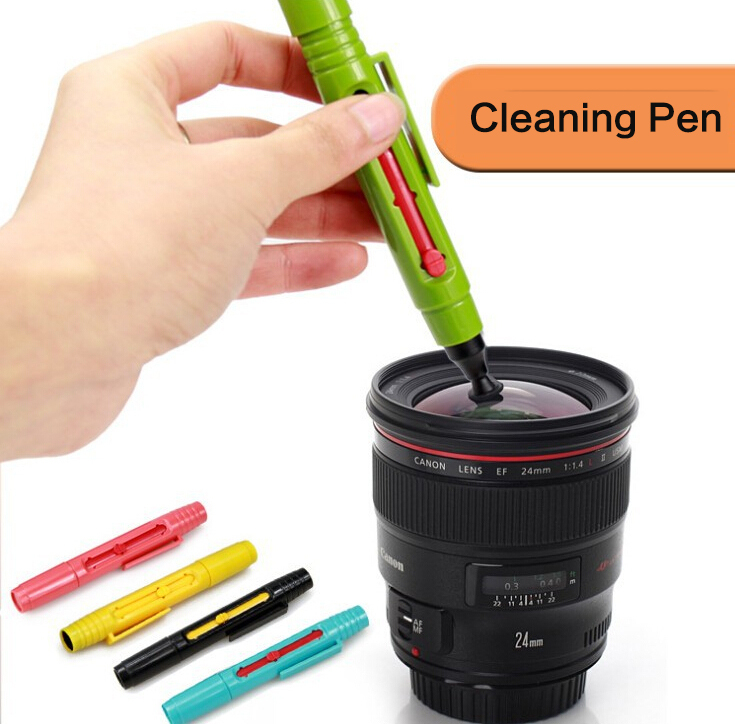
Protect your camera lens:
The main four types of external damage sources to be concerned about:
- Dirt
- Scratches
- Shock
- Water
Dirt:
Is a daily challenge for your lens, dust & other dirt on the surface of your lens will create horrible images & causes even more problems as it is difficult to remove from your lens surface.
Removing Dust & Dirt:
A simple microfiber lens cloth will remove the problem, simply use light stocks working towards the outside of the lens, for mud or other stubborn dirt, you will need to use a cleaning solution designed for photographic lenses,[popup_anything id=”9340″] most photographic lenses have a fine coat of oil on their surfaces, this coating will wear off with repeated cleanings of any kind, using a “Filter” will help to protect the life of your lens.
Scratches:
Scratches are a killer to your lens, there is no way to repair them by yourself, the best thing you can do is to prevent scratches, the easiest thing you can do to protect your lens against scratches is to use Filters, a filter is a small piece of glass that fits in front of your lens, the original purpose of filters was to change the look of an image, however many people use a polarizing filter or a UV filter as a protection of their lenses, keep in mind you are putting a relatively inexpensive piece of glass on a rather expensive piece of glass, use high-quality filters to avoid compromising your lens quality,
UV, Haze & Protecting filters:
Protect the camera lens from dust, moisture & scratches, UV filters absorb the ultraviolet rays that can hinder the quality of your outdoor photographs.
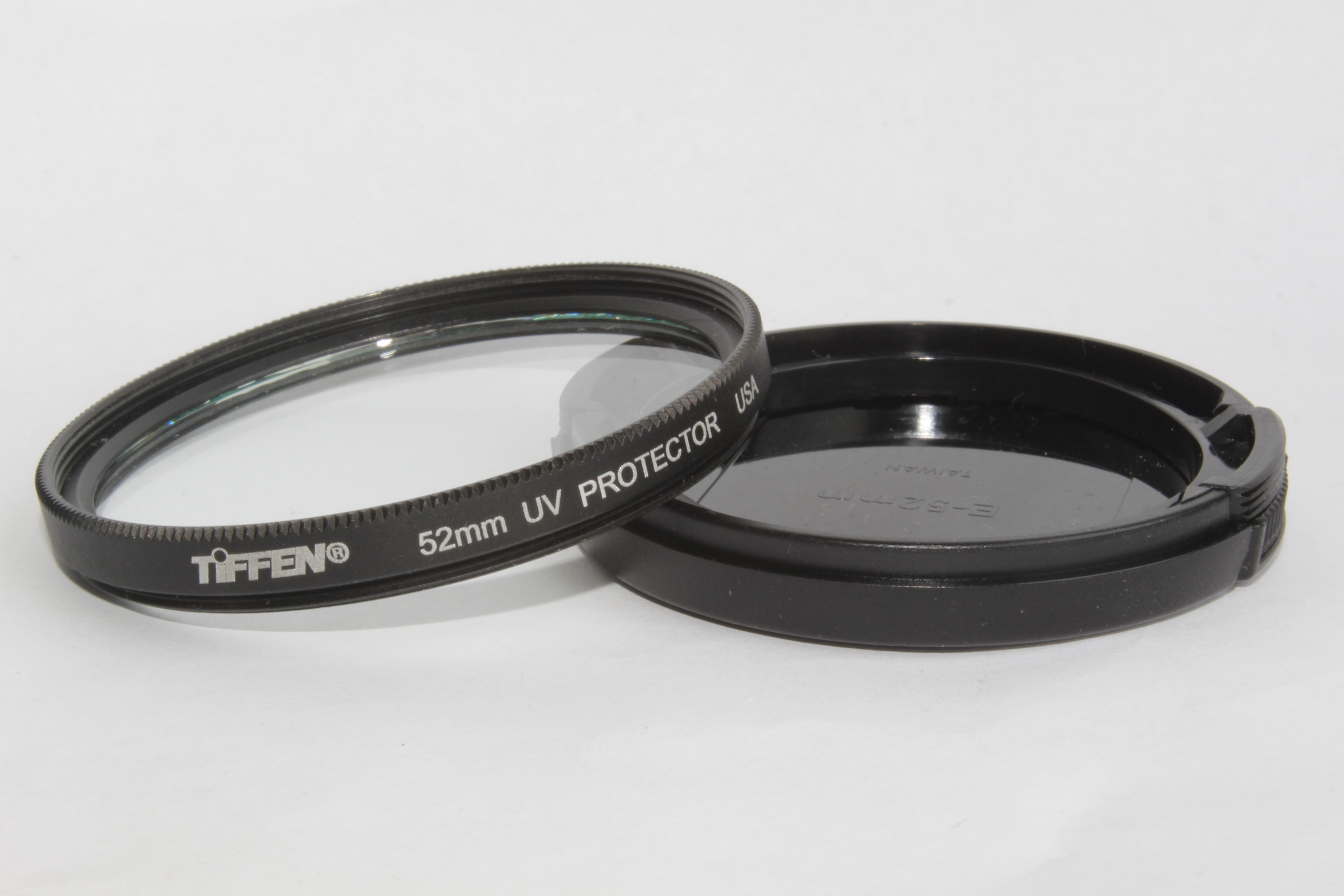
Polarizing filter:
It reduces reflections from the sun & other polarized light sources, make sure you choose the appropriate type, autofocus cameras call for circular polarizing filters while linear polarizing filters usually suit manual focus cameras.
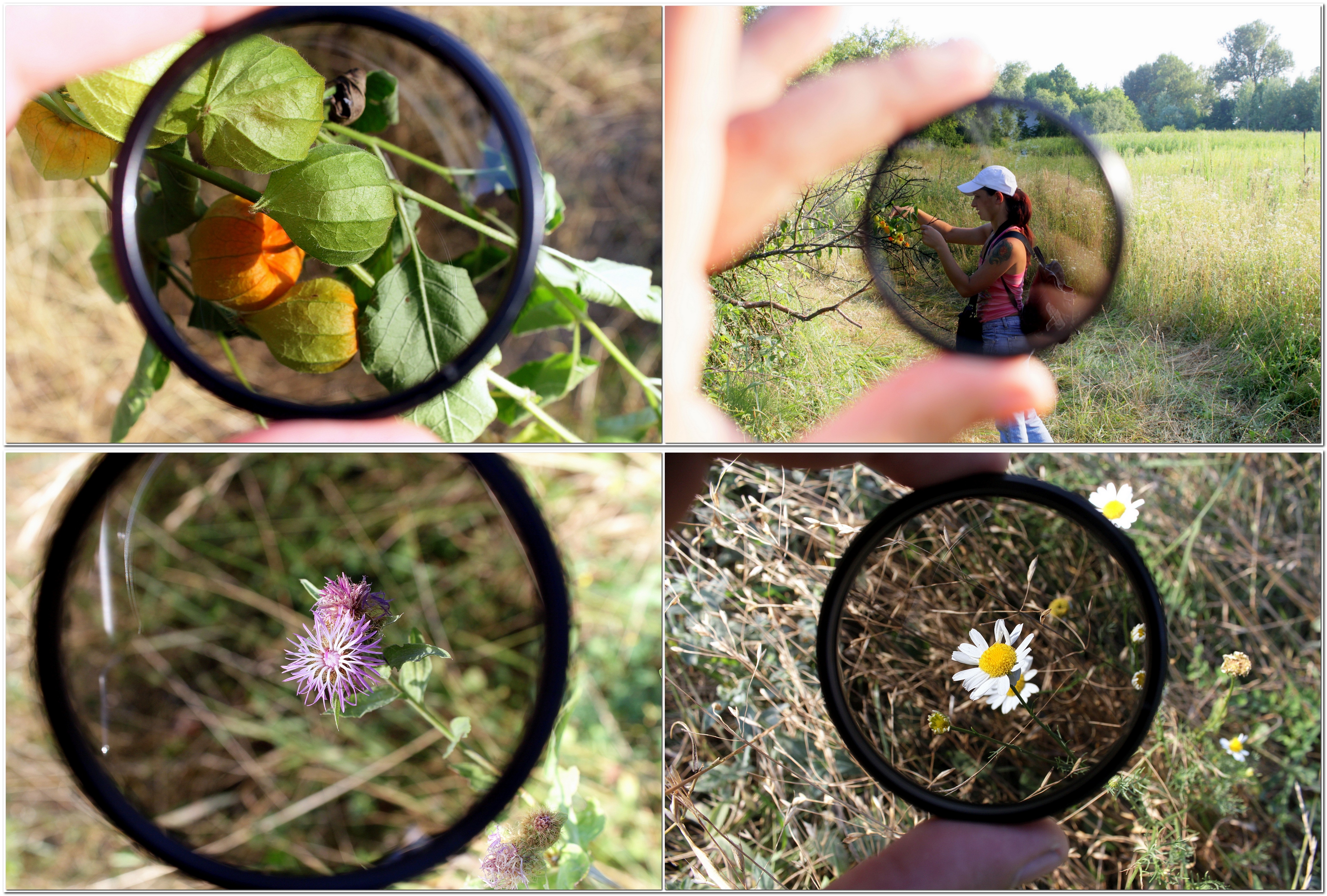
Check here different types of UV & polarizing filters: Amazon.com, make sure that the diameter of the filter is the same as your lens.
Water:
Is your mortal enemy to your lens, the electronic circuits & motors inside most of today’s lenses can be destroyed by water, most lenses actually have several elements, or other lenses, if water reaches these inside lenses & dry’s it leaves water spots that you can’t clean by yourself.
To protect your lens from water there are several things to remember, if shooting in rain you should use a rain hood, when moving between temperature extremes, carry your lens & camera in a camera bag before changing temperatures to help prevent considerations inside the lens, once moved to the new temperature, slowly introduce the new air into the bag.
Click on the photo to get the item.
Protecting your camera from elements:
You should never be exposed to excessively high temperatures, don’t leave the camera in the car on a hot day especially if the sun is shining on the car, if you are on the beach try to cover your camera bag with your towel, in indoor avoid to store beside radiators, always carry with you extra batteries, never place your camera beside electric motors or other devices that have strong magnetic field,this field can corrupt the image data stored in the camera, always protect your camera from water specially saltwater & also try to keep it away from dust & sand,use lens caps & covers while travelling, try to store all small accessories in one bag to avoid hitting the camera or the lens,when hiking outdoors don’t wear camera strap around your neck, it could strangle you, don’t aim the camera directly to the sun it can burn your eyes.
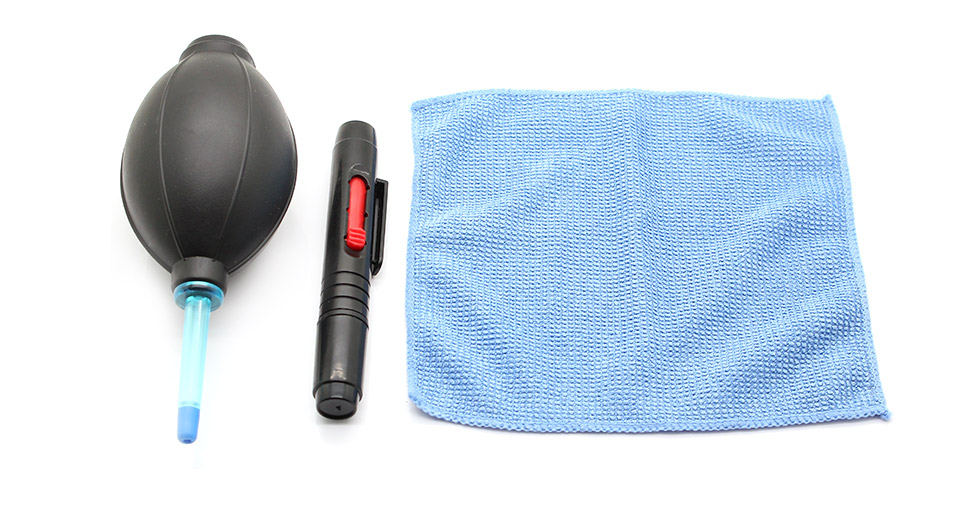
Here is a video via CNET showing the steps as described above:
You can get your camera cleaning tools from here 🙂
If you like this post kindly share & if you have any comments just post below & I will be glad to answer you 🙂
You automatically support us if you order anything through our recommended Amazon links, and we highly recommend them because of their low prices, fast delivery and, the top support, especially when it comes to camera equipment.
As an Amazon Associate, the site earns from qualifying Purchase, Most of the “product” links are affiliate links, and you are welcome to check our affiliate Disclosure statement.
If you enjoy the site, don’t forget to subscribe, we will only inform you when a new article is posted.

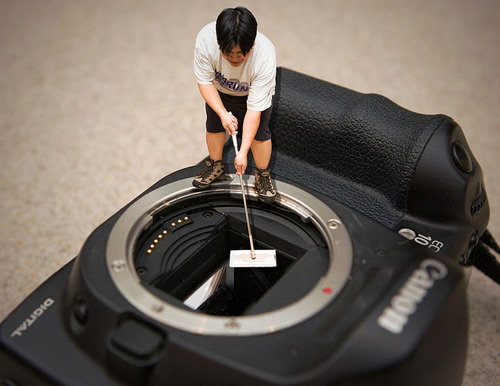


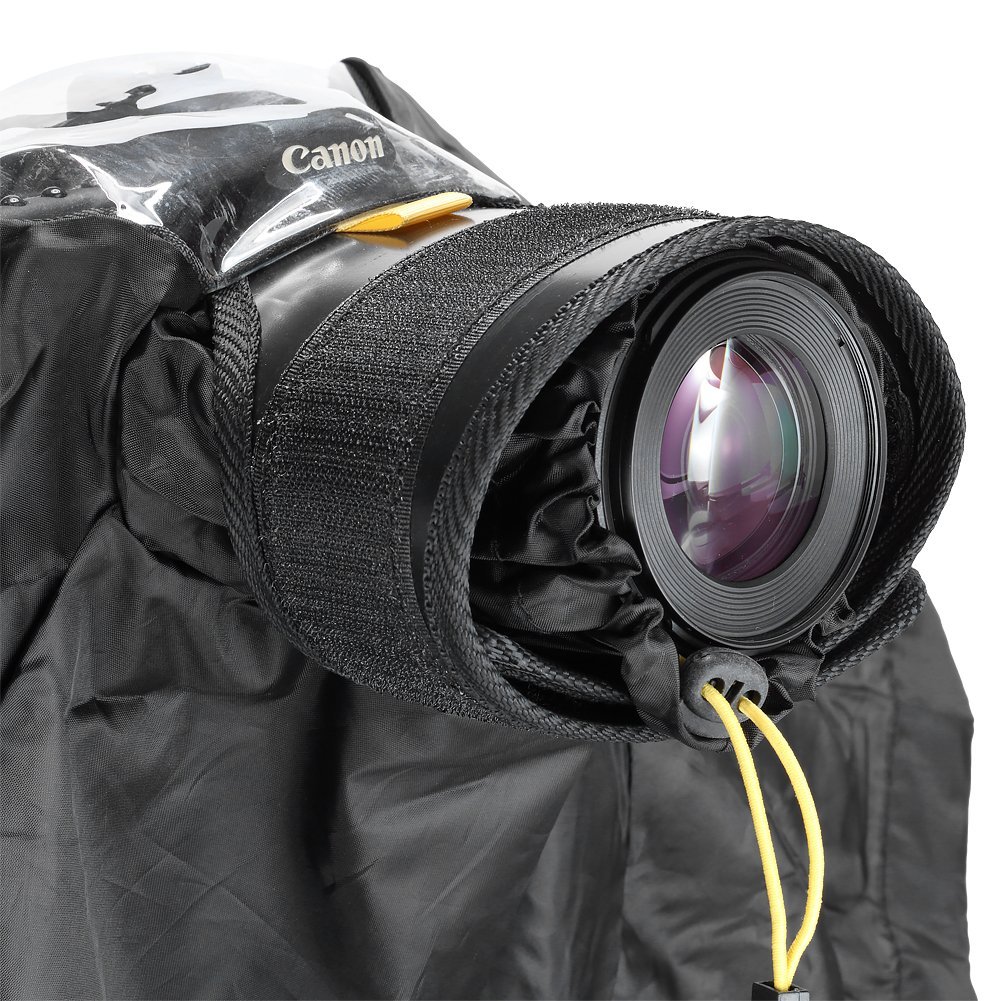
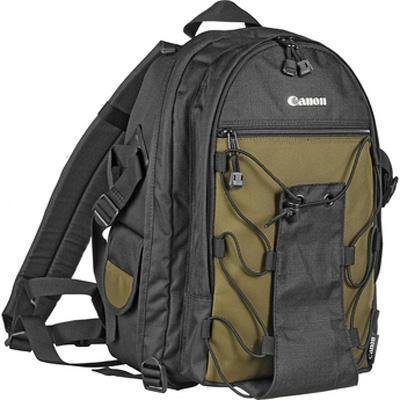



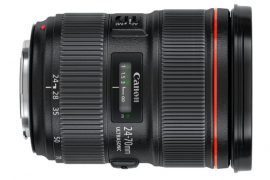

This was a very interesting and informative article that you wrote.
Unfortunately, I happen to be one of the people that sometimes overlook things like cleaning and maintaining my toys. But, the information you presented is incredibly helpful for me and many other people.
Thank you for the great information.
Kevin
Thanks Kevin, glad to help
It’s very difficult to find information on how to clean your camera lenses properly. I do cringe when I see people picking up any old cloth or tissue and scrubbing away at their lenses.
I think the best advice you gave was to protect your lenses with a filter. This is a must in my opinion but many people give it a miss because of the extra cost. They then regret it when their precious lens gets scratched which can easily happen no matter how careful you are.
We often have to go from very cold conditions into humid hot environments and the paragraph on temperature changes is very relevant. Great site, good post.
Thanks Ches, very happy that you find the article informative & helpful.
Thank you for this article. Been a Canon user for years and have not been cleaning it. Shame on me.
Never thought that it would be this easy and the benefits are great. While cellphone cameras are a good substitute to taking pics, nothing beats my Canon SLR.
Great job! Keep them coming!
Yeah Raul Canon is my favorite camera that’s why I like to write about it’s cameras,lenses & also techniques & tricks and also how to clean it 🙂
Thanks for all this info you are providing, this is a lifesaver for any beginner. Really appreciate you taking the time to pass this important info for the world.
Thanks Asim for your comment, Glad that you liked the post.
Hi and thanks for really valuable information and tips. I almost forget my Canon camera as like many of us use smartphone for daily footages. It is time to clean my old good Canon Camera and your tips are right in time.
Especially I like tip how to clean a camera sensor. Thanks
Thanks Andre for passing by, glad that you find the article helpful.
Great and very usefull article, but as I think, it needs some visualisation. Yes, there ar a lot of photos and they are great, but if you just sroll down the article (like many users do) you won’t understand anything. And if make a video with the process of cleaning and add it to your article, it will be great too. Best wishes
Thanks for you comment, i just add a video at the end explaining the cleaning steps 🙂
I received my very first camera as a gift, but never really had the knowledge on how to clean the lense properly.
I didn’t actually realize that more specialized cleaning equipment was needed either, lol.
The lens has been dirty for a short while now, so thanks very much for sharing the tips and what’s needed for removing dust and dirt 🙂
Thank You!
Neil
Thanks Neil, You are most welcome 🙂
Thank you for that. I have had a cannon for a few years and it used to take amazing photographs, but lately, not so much. Maybe I need to try the clean you recommend.
I didn’t realise that you shouldn’t use water. I have often wiped with a wet cloth. Hope I haven’t damaged my camera.
Hi Michel,
Thanks for your comment & i hope that your camera is okay 🙂
excellent step by step guide and neatly presented does these techniques work on phone camera lenses aswell as i tend to take most of my photos with my device and i imagine being in my pocket it gets mukky quick any kind of help would be good so i can take top pictures
Hello steve,
Thanks for your comment, regarding your phone you can clean its lens with a microfiber cloth , just Wipe the lens in a gentle circular motion.
Just wow! Step-by-step instructions with relevant images is the way to go. Captured my attention from star to the end.
The good:
Paragraphing
Images
Color combination
Heading & Body
The bad:
Not much! Perhaps adding a video tutorial would really boost your credentials =)
Interesting theme as well adds visual effects to the audience’s eyes as well.
Hello Lee,
Thanks for feedback, i will try to add a video or perhaps add more detailed steps.
Hi Ehab,
Thank you for a very informative site about photography. I like the tips you offer for camera lens. Your section on the history of photography was also very interesting. As a person who loves history, the section showing interesting historical data caught my attention. As a photographer what is, in your opinion, a good camera for regular use – like for birthday parties, etc.?
Hi Rodney,
i’m glad that you liked the post, Actually the there is no big differences in cameras it’s just a body with some settings the lens is the thing that makes a big difference depends on what photos you want to capture, so just any DSLR camera will be okay & then you come to choose a lens to shoot birthday parties, there are varieties of lenses that can be used in birthday parties like prime lens canon 50 mm F/1.8 & it is not expensive around U.S $ 125 you can get with it a good close-ups or the kit lens 18-55 mm F/3.5-5.6 that comes with the DSLR camera body will works but you will need to use flash to get the best exposure.
finally i’m glad that you liked the section of photography history 🙂
Ehab,
I am not a camera owner, but I had no idea that cleaning one was such a delicate task. The sensor part was specially important, because just like a CD, you have to take extreme care in the cleaning.
I remember I used to grab my old DVD’s and clean them with toothpaste, warm water and dried them up with toilet paper, LOL. No wonder they ended up a lot worse.
Thank you for the article, I’ll keep all this in mind for my friends who are into photography but are as amateurish as I am.
Success to you,
Gaspar
Thanks Gaspar for your comment 🙂
Great info Ehab on how to keep your camera in good nick long term!
I appreciate you putting in the safety piece at the end about when hiking to be careful about having the camera around your neck. It sounds obvious and most people would be alright but accidents do happen and when fatigue sets in on a hike you can lose the run of yourself so it’s important to put safety first and tips like this can make all the difference!
Is there much of a benefit of using branded batteries compared to your usual duracells?
Cheers, Stephen
Hello Stephen,
Thanks for your comment, i’m glad that you like the post, regarding your question actually there is no big difference between branded batteries & other batteries, i have the original canon battery that comes with the DSLR camera & i purchased after that a third party battery.
Hi, Ehab!
I like the way you show to clean a camera lens.
The pictures are visual, and the content is good and straight to the point.
I didn´t know that the lens was so sensitive and that fingerprints can be so harmful, interesting to read.
I wish you success with your site.
Elma
Thanks Elma wish you success too
Hi Amin,
Great article on how to clean camera lens. I have never taken care of lens and clean it ordinarily. I hope this article helps me and others to clean it with care and as per standards.
Looking at the Amazon link it is very cheap and i think this is the cheapest price all over. Thanks again.
Thanks Khan for passing by